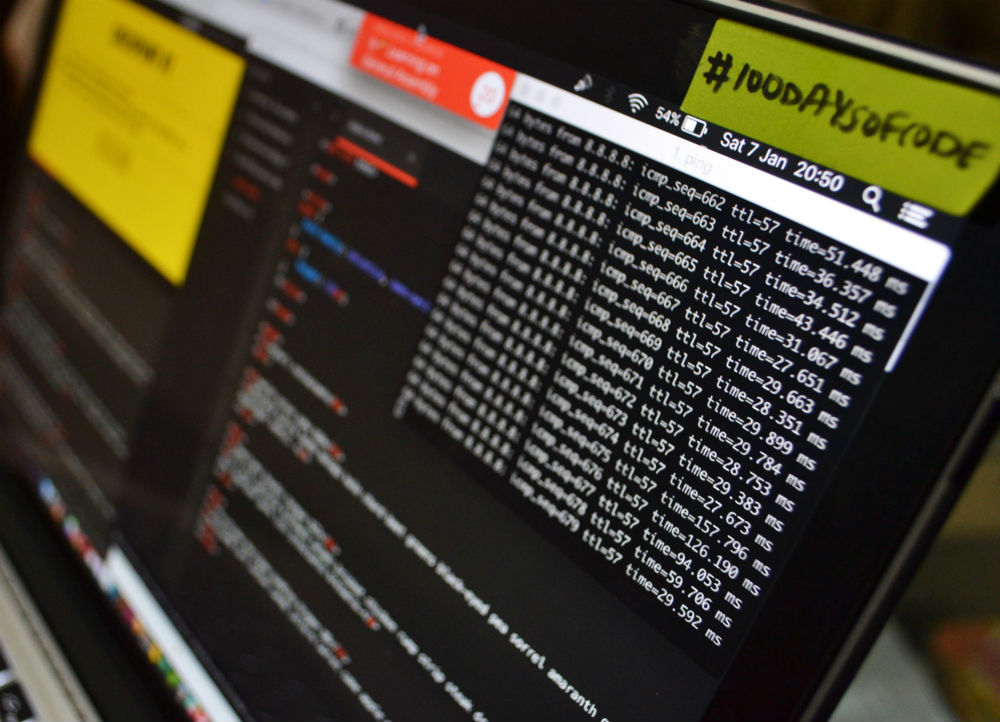If you opened a business you’d make sure your premises were secure, right? You’d put locks on the doors and windows, and have a safe for important documents or valuables.
You’d have a state of the art alarm system, and you’d make sure that it was all locked up when you left it for the night.
So why don’t many businesses pay as much attention to their online security? Hackers and online thieves can cause untold damage to businesses, and having a website is akin to inviting all those thieves around for a dinner party.
Having proper online security measures is a must for any business for all sorts of reasons. While you may not be able to undo the damage caused by a hacker, there are several things you can do to keep them out in the first place.

Security – Why It’s So Important
The everyday internet user doesn’t need to worry too much about online security. Once you’ve become au fait enough not to fall for phishing scams or weird password requests it is pretty straightforward to surf and enjoy the web securely.
However, businesses face a whole different set of challenges. There are many reasons why a business may be targeted online – it could be that they have valuable data which the thief or hacker is after, it could be a competitor trying to undermine their marketplace rival, or, as is worryingly common, it could just be a troublemaker out to cause chaos for its own sake.
No matter what, a security breach can be costly on many levels. If a business has sensitive data that is leaked it can lead to hefty fines (if it violates a data law), loss of existing business and a huge impact on reputation, and thus future business.
Passwords and Authentication
This may seem like an obvious piece of advice, but in fact, weak passwords are responsible for an alarming percentage of online security breaches. Easy to remember means ‘easy to hack’. Aggressive hacker strategies mean that simple passwords are increasingly vulnerable.
Having unique and complex admin passwords at every possible stage is a good start when it comes to keeping hackers at bay. Never keep a digital record of any of your passwords – if you need a memory jog then carry a hard copy in your wallet.
Passwords, no matter how complex, are not invulnerable. Multi-factor authentication adds another layer to the security of your server. This usually takes the form of a single-use authentication code sent to your email or mobile device.
Geo-restrictions
Geo-blocking or filtering is a tried and tested way to stop (or at least slow down) potential troublemakers from accessing your site. There are some countries in the world that are seen as potentially suspect, so unless you work specifically with companies or individuals in those regions, geo-blocking restricts access from them.
Although it was developed more for business models such as Netflix or YouTube who license content differently in different regions or SkyCity Online Casino who don’t operate globally at present, it is also an effective way to quell cybercriminals.
Stay Updated
Knowledge is power, and in the digital realm the newer the security measures, the better. Stay updated when it comes to knowledge of new potential threats – this could be deceptive strategies employed to elicit security clearance information, it could be new hacker-friendly technology which needs a countermeasure, or it could be a development in the uses for compromised data.
No matter what, staying abreast of what the enemy is up to can only bolster your defenses.
And when it comes to your defensive software stay fully up to date! You’d be surprised by how many companies ignore updates to software and security systems. Always update as soon as possible.
Check Yourself
Monitor your network continuously, and audit regularly and thoroughly. You can simulate certain types of data breaches (there are even companies that specialize in this) and find the weak spots in your digital defenses.
Regular network audits mean not resting on your laurels. Sure, your security may be good right now, but being vigilant and always preparing for the worst means you’ll stay secure.
SSL Certificate
A secure socket layer (SSL) certificate means your website will be secure to process and share encrypted data. SSL certificates are small data files that digitally bind a cryptographic key to an organization’s details.
When installed on a web server, it activates the padlock and the ‘https protocol’ and allows secure connections from a web server to a browser.
Many customers are more inclined to do business with a company that has an SSL certificate, as it is one more layer of security for their details and data.
Managing a website means trying to stay one step ahead of the criminals and troublemakers who aim to disrupt or undermine your business. Follow these tips to outfox even the most devious hackers for you and your customers’ peace of mind.

